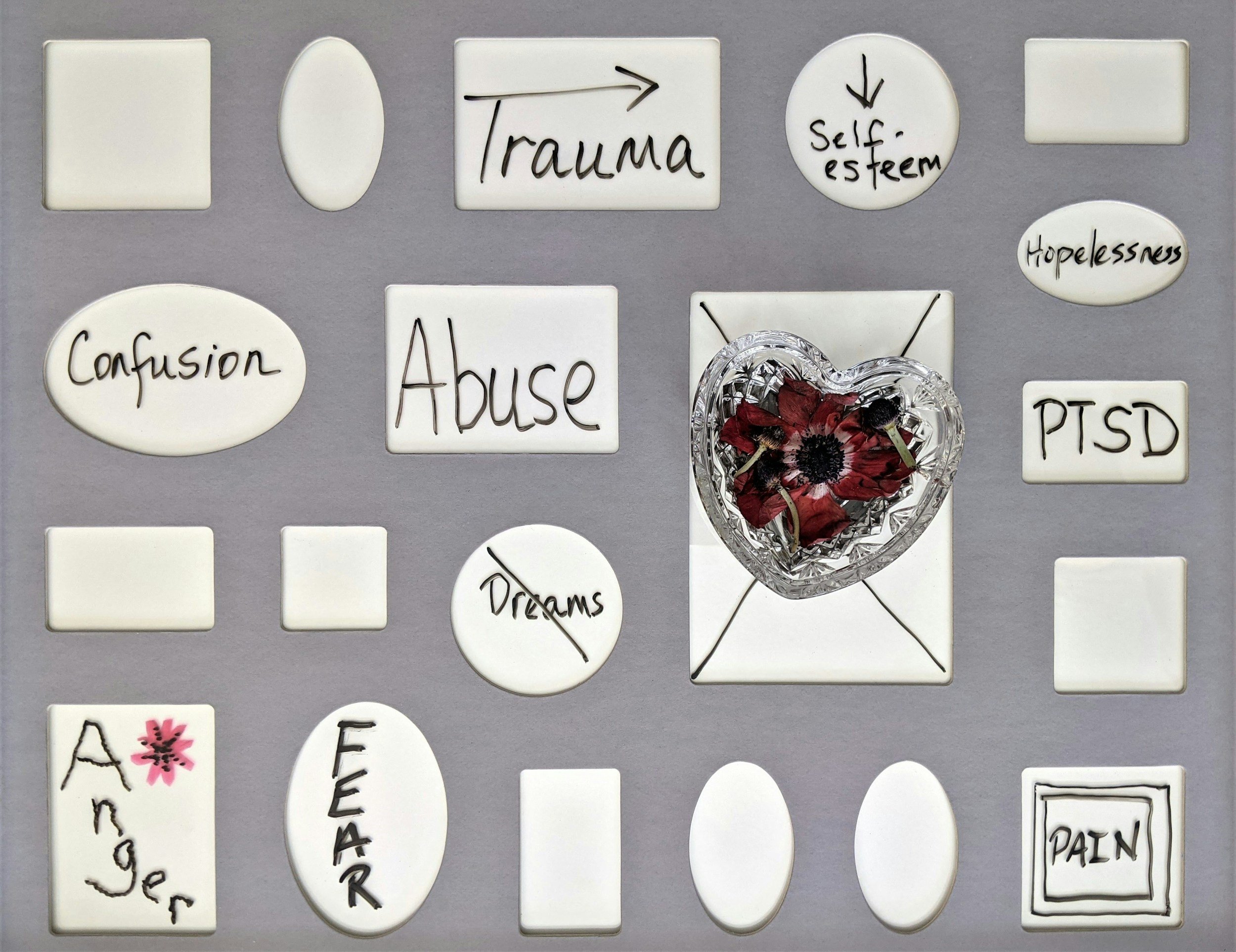Trauma Therapy

Trauma Therapy Services By Celestial Tides
What is Trauma Therapy?
Trauma therapy is a specialized form of counseling designed to help individuals process and recover from distressing experiences. Whether you’ve faced a single traumatic event or ongoing adversity, working with a professional trauma therapist can help you rebuild your sense of safety, trust, and emotional well-being.
Trauma therapy addresses the psychological and physical effects of trauma, helping you regain control over your life. It provides a safe space to process emotions, develop coping skills, and rediscover your resilience.
Types of Trauma Addressed in Therapy
Trauma therapy is effective for a wide range of experiences, including:
Acute Trauma: Trauma from a single, distressing event such as an accident or assault.
Chronic Trauma: Prolonged exposure to stressful events, like abuse or neglect.
Complex Trauma: Multiple traumatic events, often involving interpersonal relationships.
Developmental Trauma: Trauma experienced during childhood that impacts emotional development.
No matter the type of trauma, therapy can help you find healing and recovery.
Benefits of Trauma Therapy
Engaging in trauma therapy offers numerous life-changing benefits:
Emotional Processing: Safely explore and express emotions related to traumatic events.
Improved Coping Skills: Learn healthy ways to manage triggers and reduce stress.
Restored Sense of Safety: Rebuild trust in yourself and others.
Reduction of Symptoms: Alleviate symptoms of anxiety, depression, PTSD, and hypervigilance.
Empowerment: Regain control and build resilience for the future.
By addressing the root causes of trauma, therapy provides lasting tools for emotional and psychological well-being.
What to Expect in Trauma Therapy Sessions
When you begin trauma counseling, here’s what a typical journey may look like:
Initial Assessment
Your therapist will begin with a compassionate discussion about your experiences, symptoms, and goals. This helps create a personalized treatment plan tailored to your needs.
Trauma-Focused Techniques
Common approaches used in trauma therapy include:
Cognitive Behavioral Therapy (CBT): Identifying and reframing negative thought patterns.
Eye Movement Desensitization and Reprocessing (EMDR): Reducing the intensity of traumatic memories through guided techniques.
Somatic Experiencing: Focusing on bodily sensations to release stored trauma.
Trauma-Informed Mindfulness: Building awareness and presence to calm the nervous system.
Safe and Supportive Space
Your sessions will provide a judgment-free environment where you can process trauma at your own pace. Therapists use empathy and care to ensure you feel supported every step of the way.
Monitoring Progress
Regular check-ins will evaluate your progress and refine your therapy plan to meet your evolving needs.
Who Can Benefit from Trauma Therapy?
Trauma therapy is beneficial for anyone who has experienced emotional or physical trauma, including:
Survivors of abuse, violence, or assault.
Individuals affected by accidents or natural disasters.
Those with post-traumatic stress disorder (PTSD).
People struggling with childhood trauma or neglect.
If you’re ready to heal, trauma therapy provides the guidance and support needed to move forward.
Contact Arielle
Email:
info@celestial-tides.com
Phone:
+1 (301) 807-2677
Location: Telehealth Services from Rockville, Maryland.
Frequently Asked Questions
-
The goal of trauma therapy is to help individuals process traumatic experiences, reduce distressing symptoms, and regain a sense of safety and control.
-
The duration of therapy varies based on individual needs and the severity of trauma. Some clients see improvement in weeks, while others may benefit from longer-term support.
-
Yes, trauma therapy is highly effective for PTSD. Techniques like EMDR and CBT are specifically designed to address the symptoms of post-traumatic stress.
-
Trauma therapists are trained to guide you gently and at your own pace. You’ll never be forced to share more than you’re comfortable with, ensuring a safe and supportive process.


